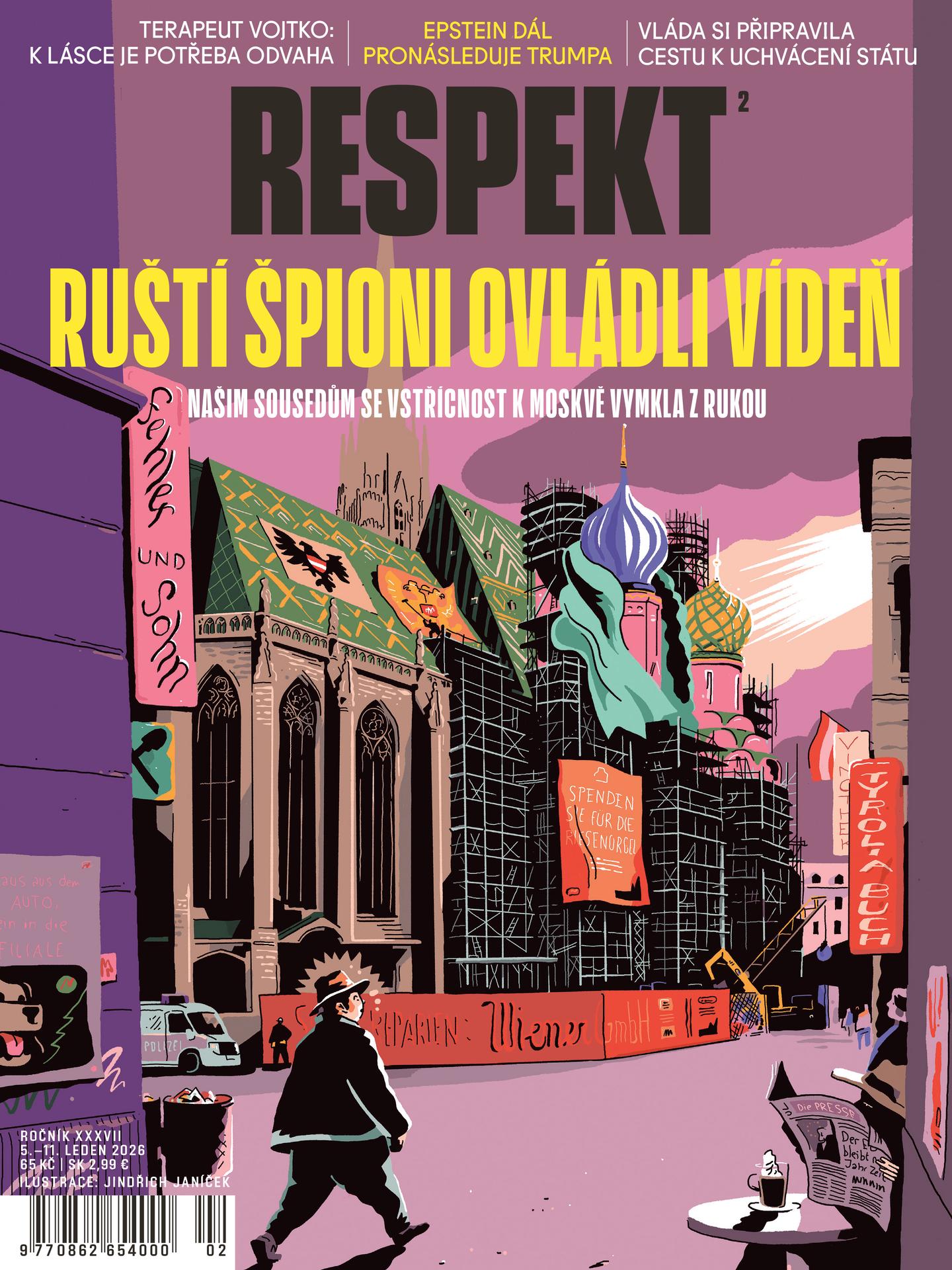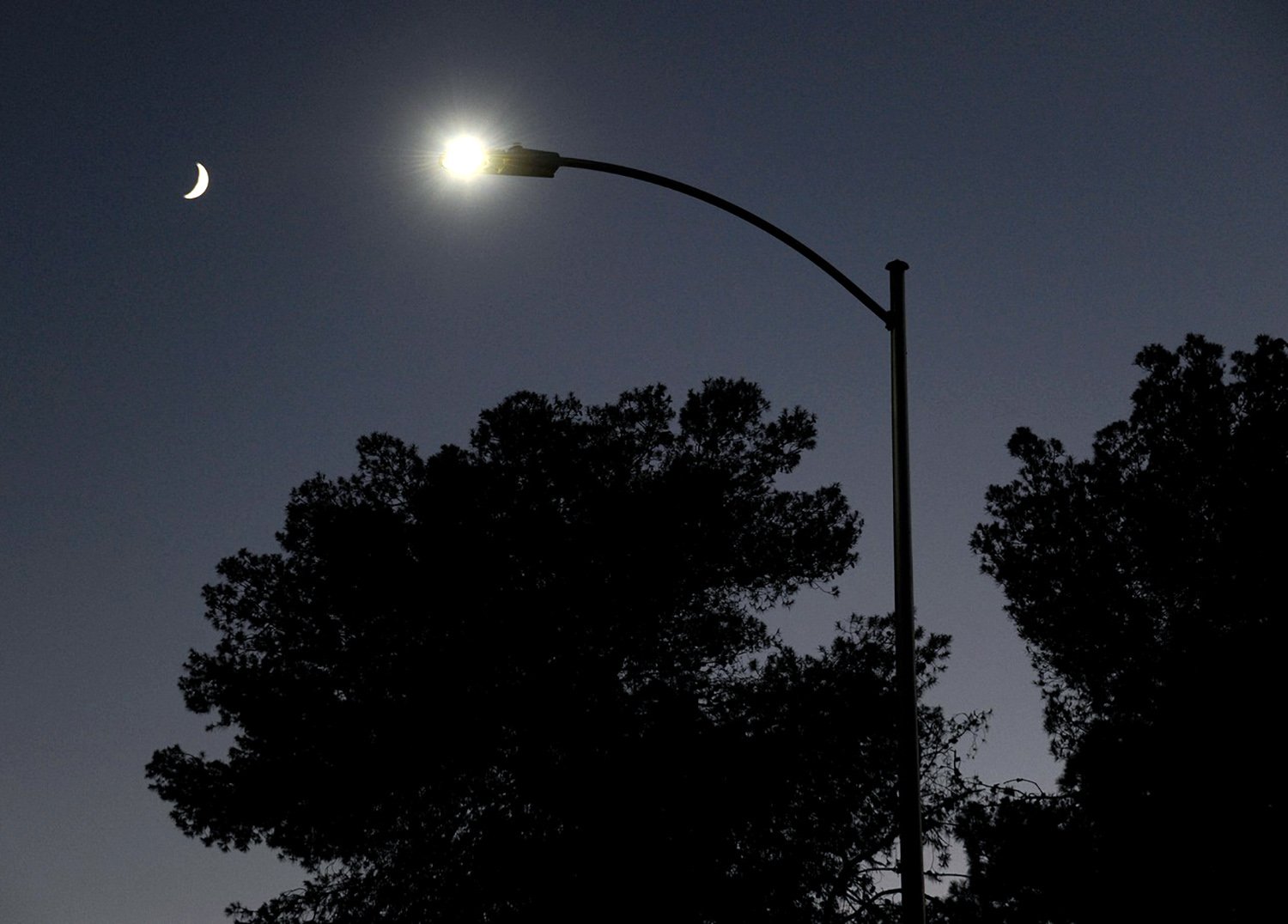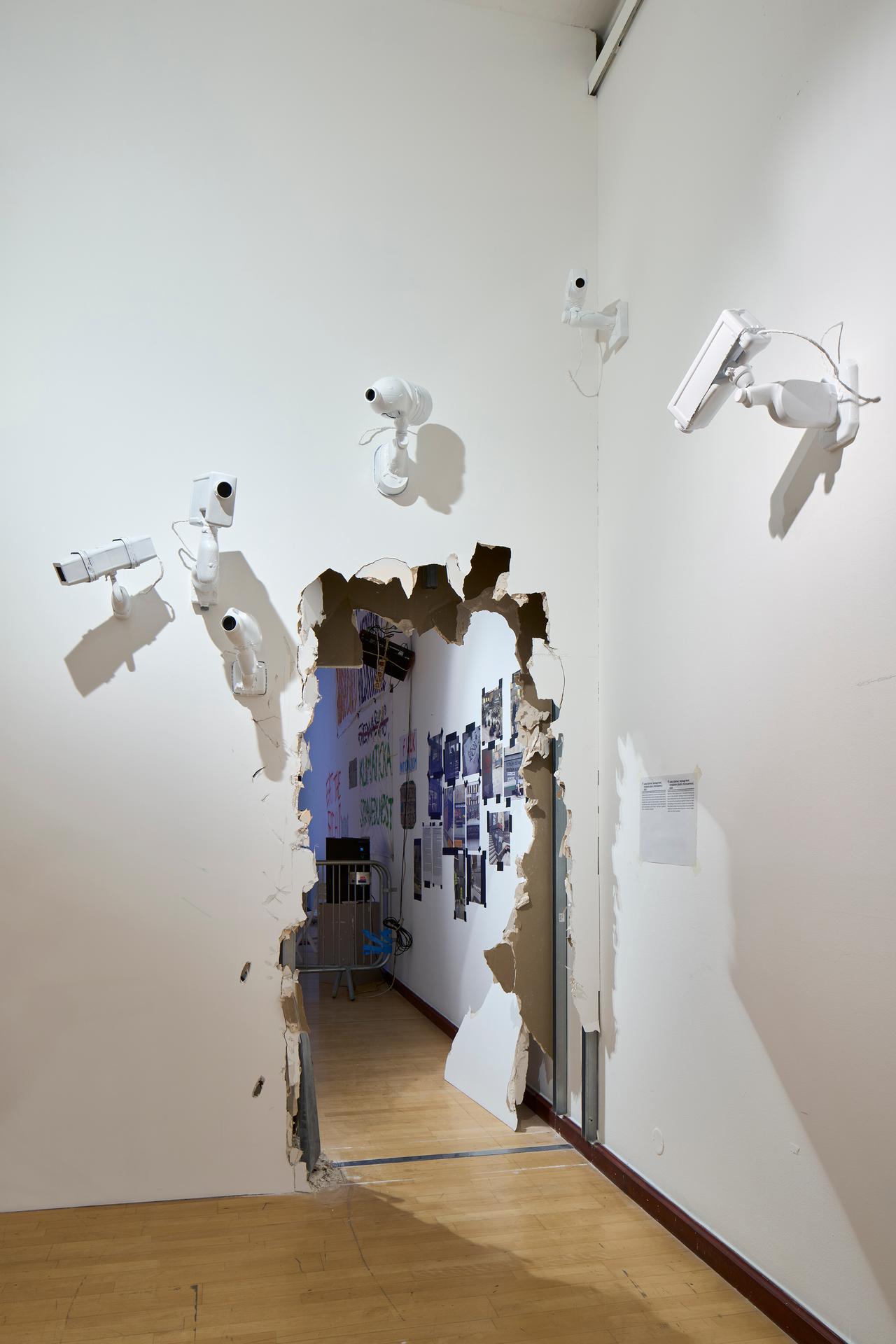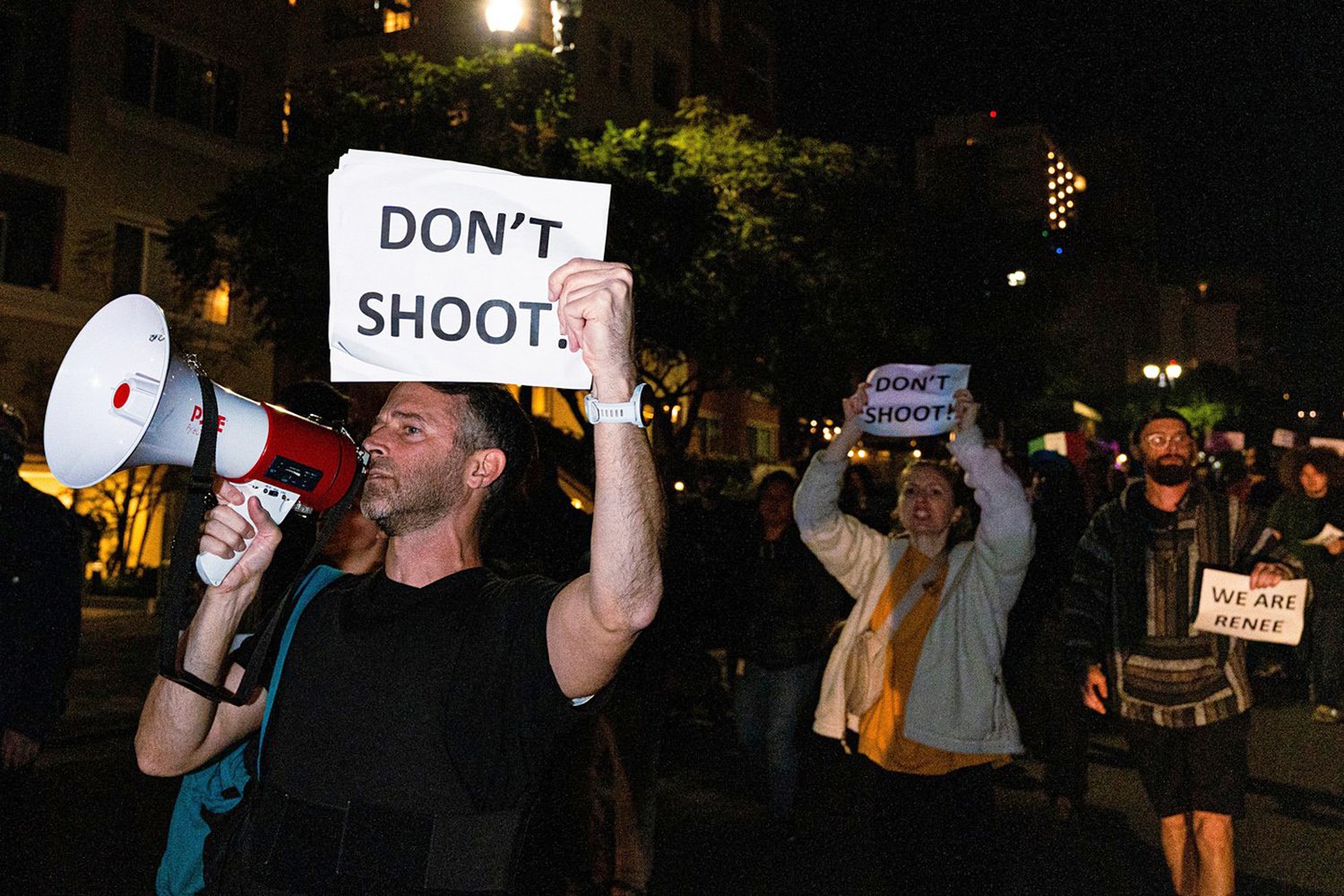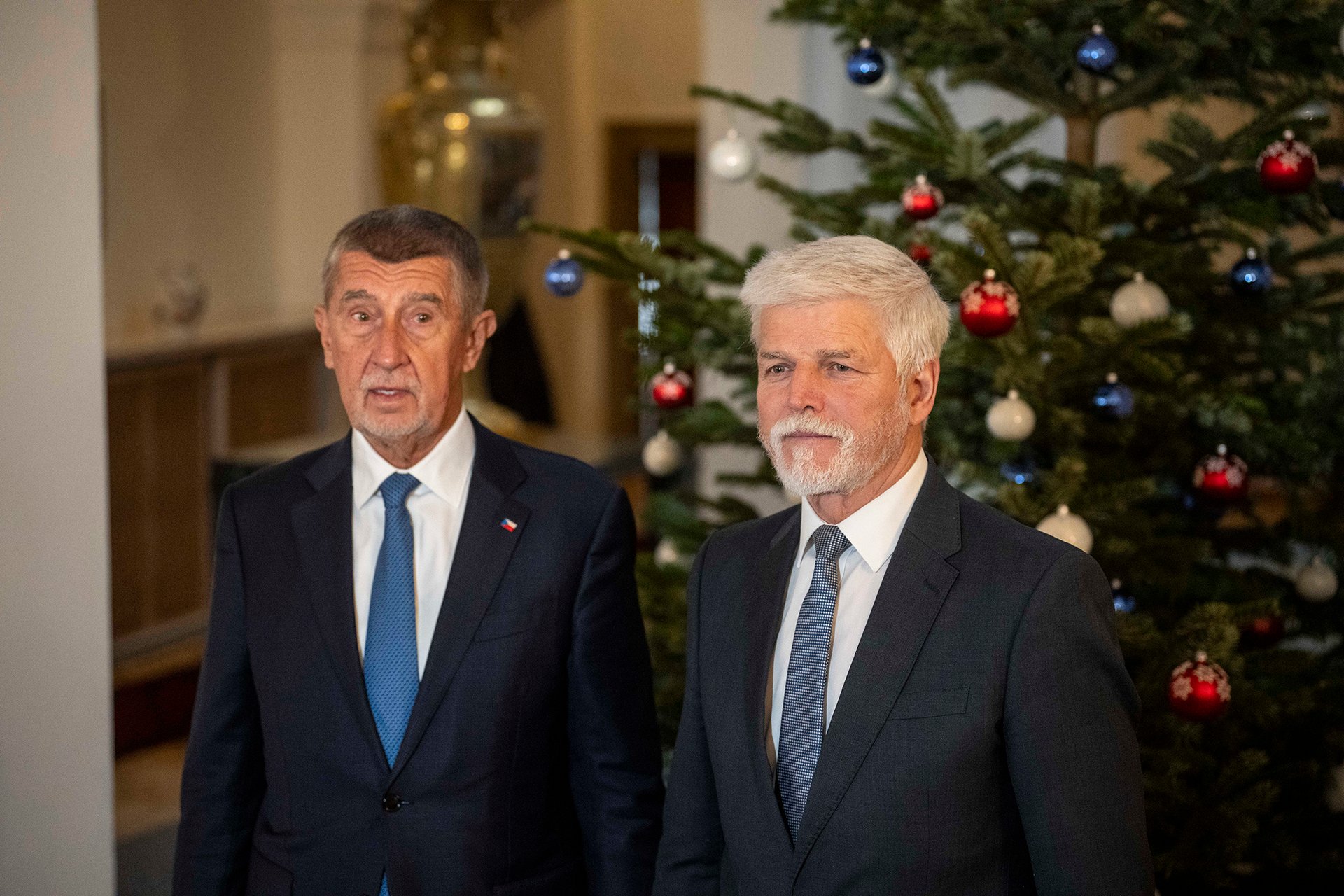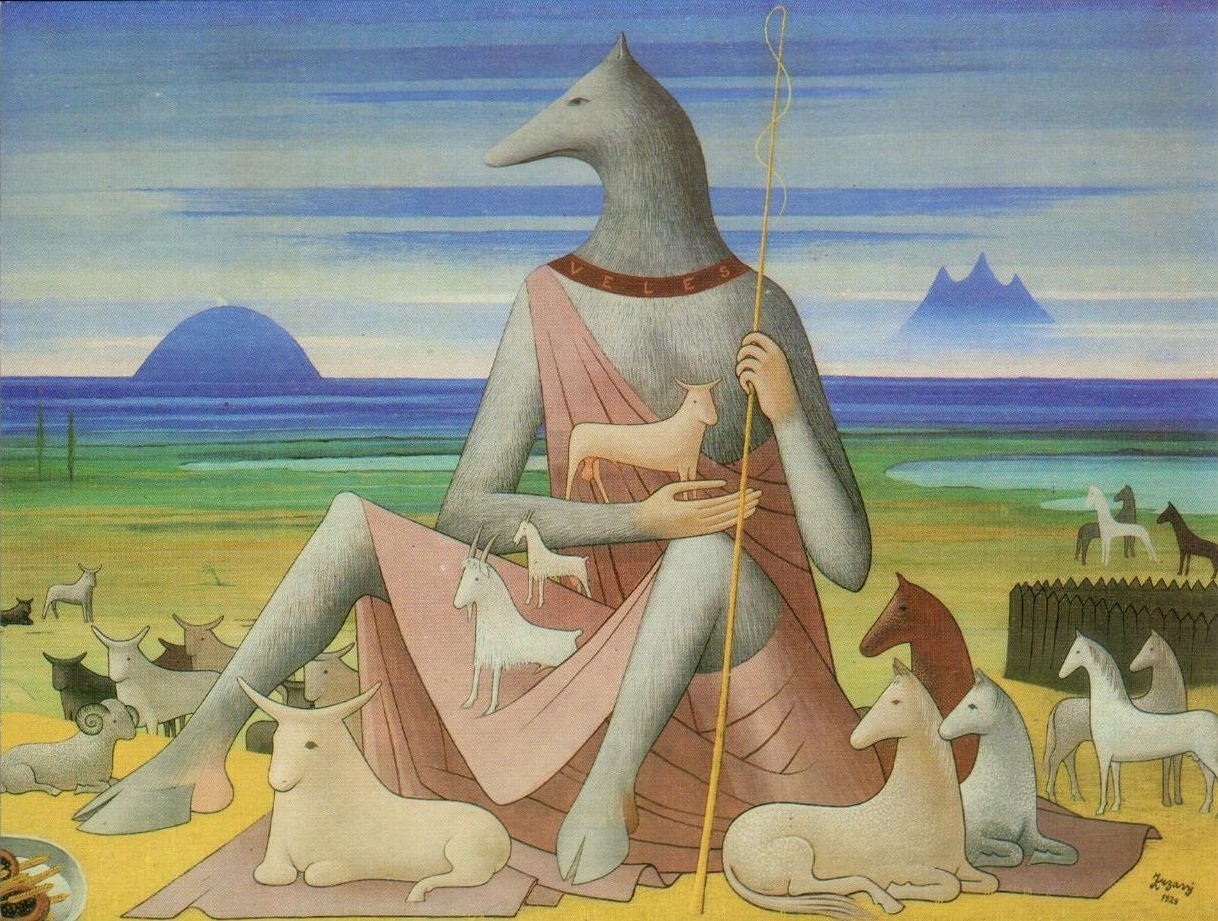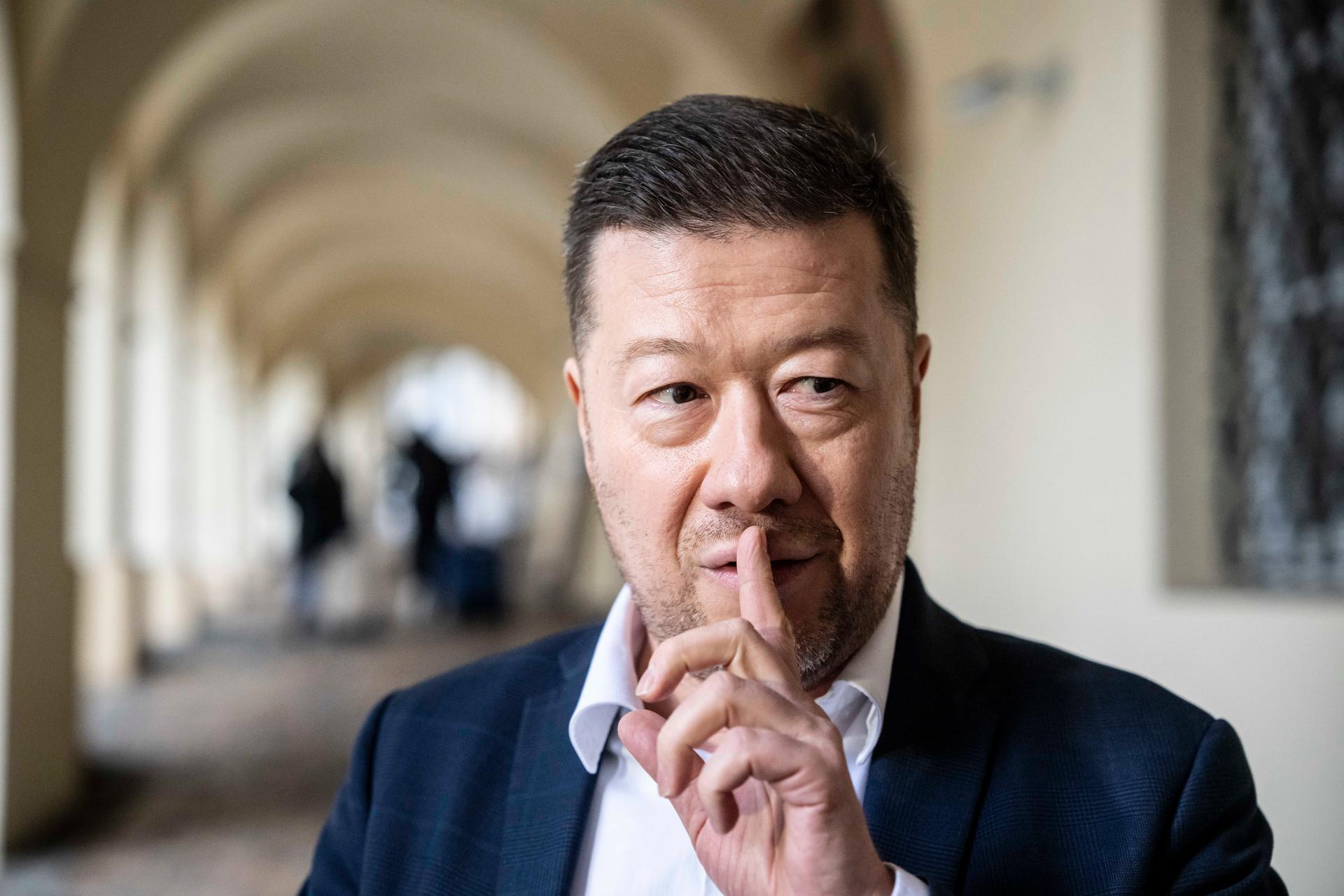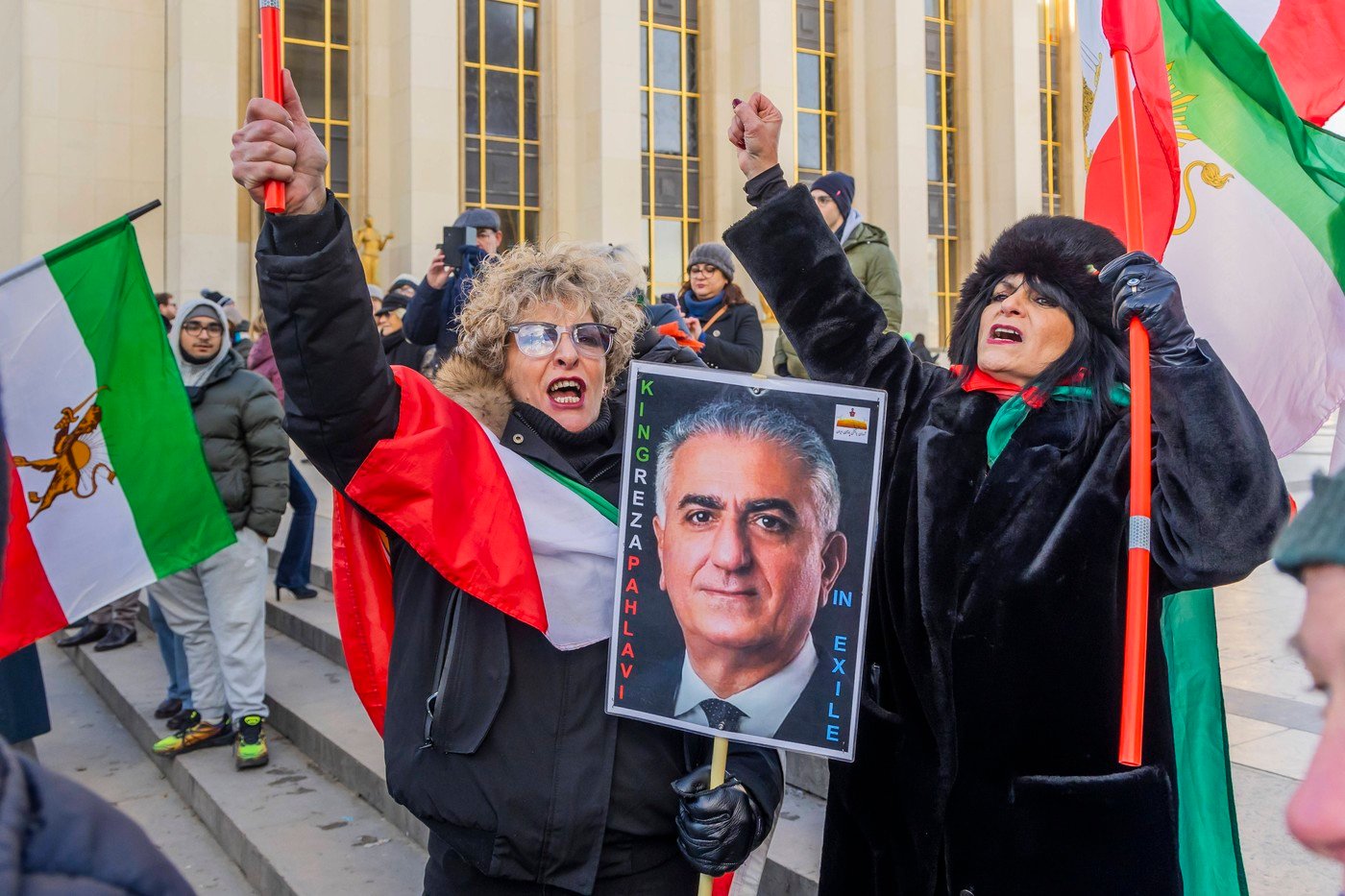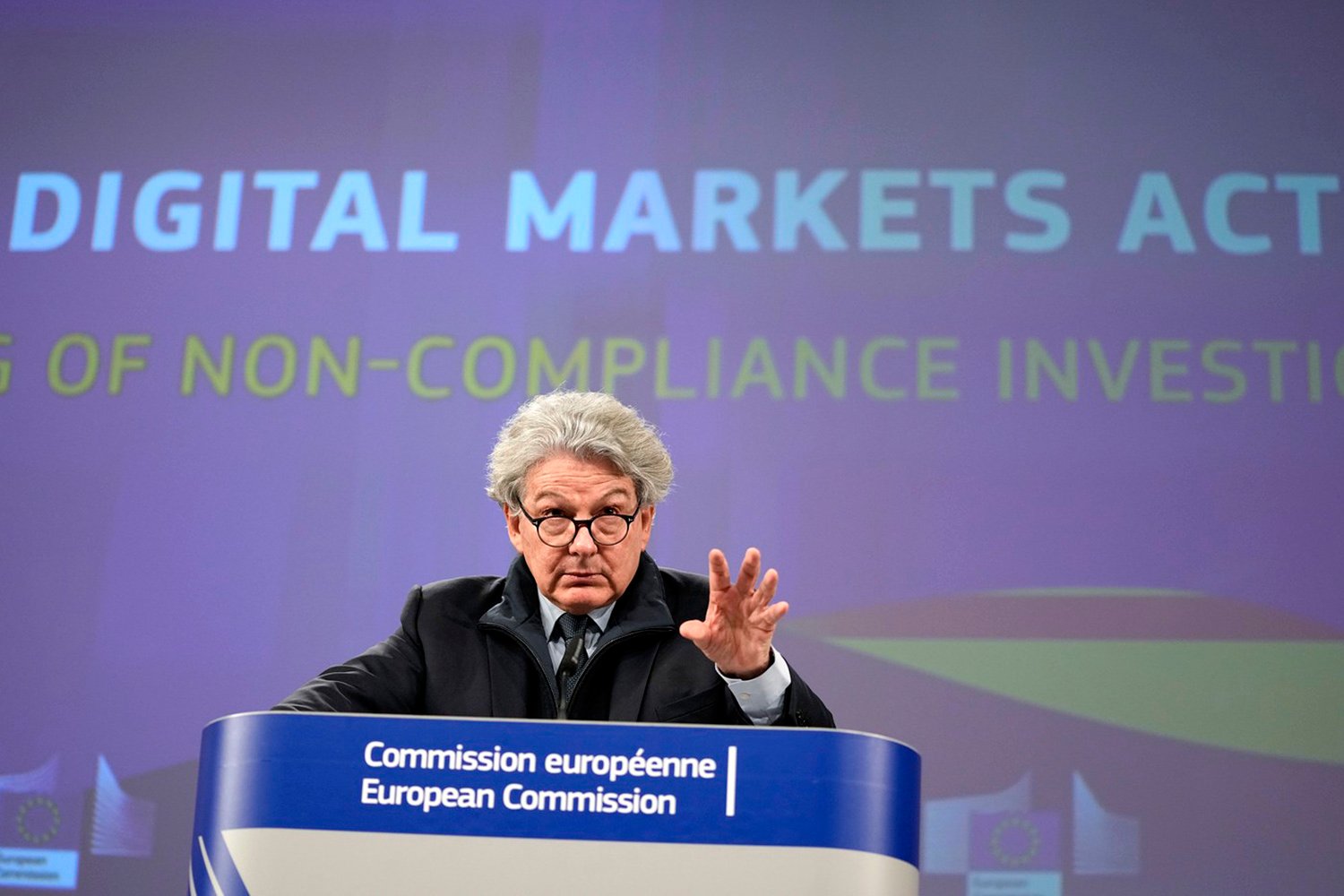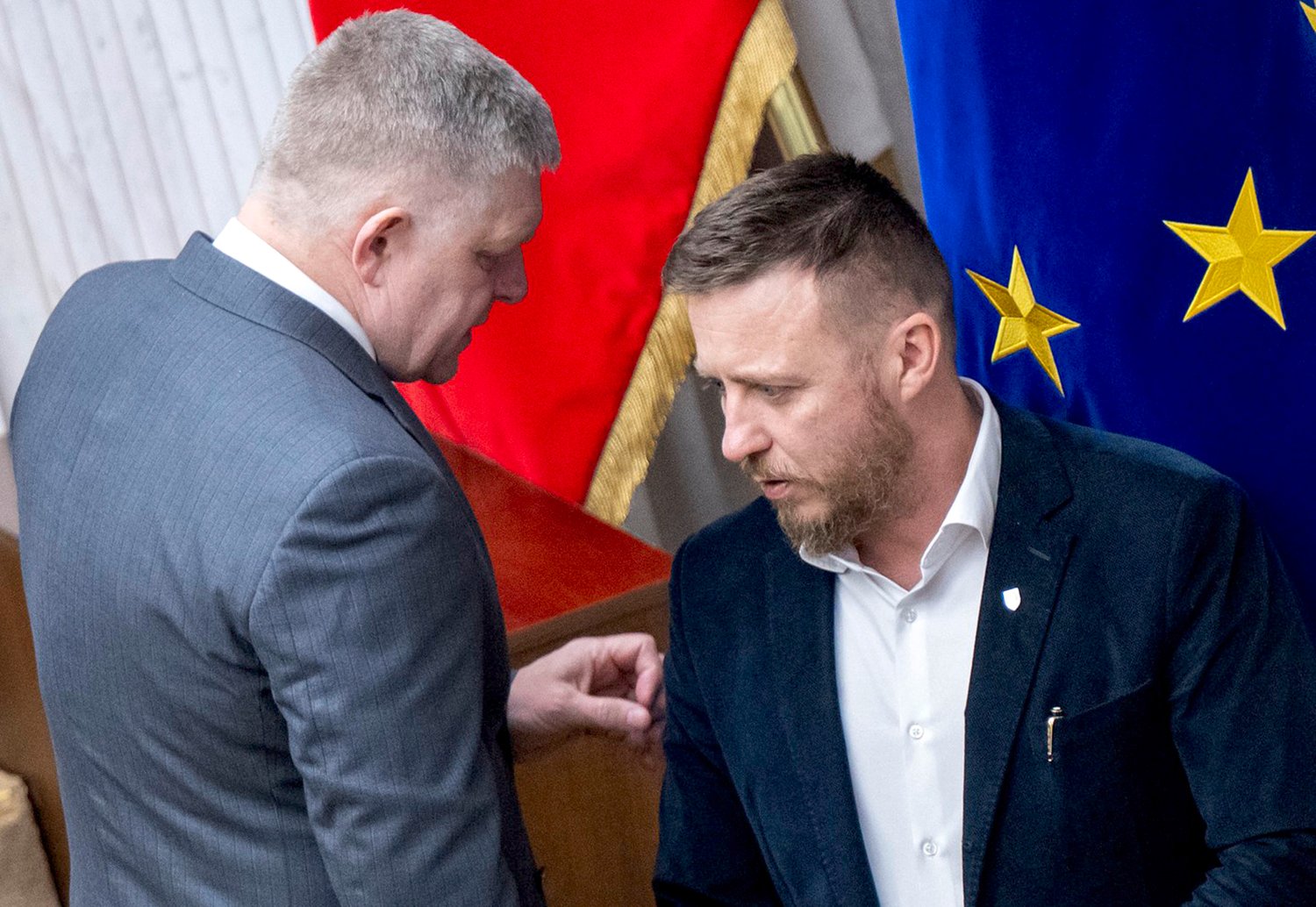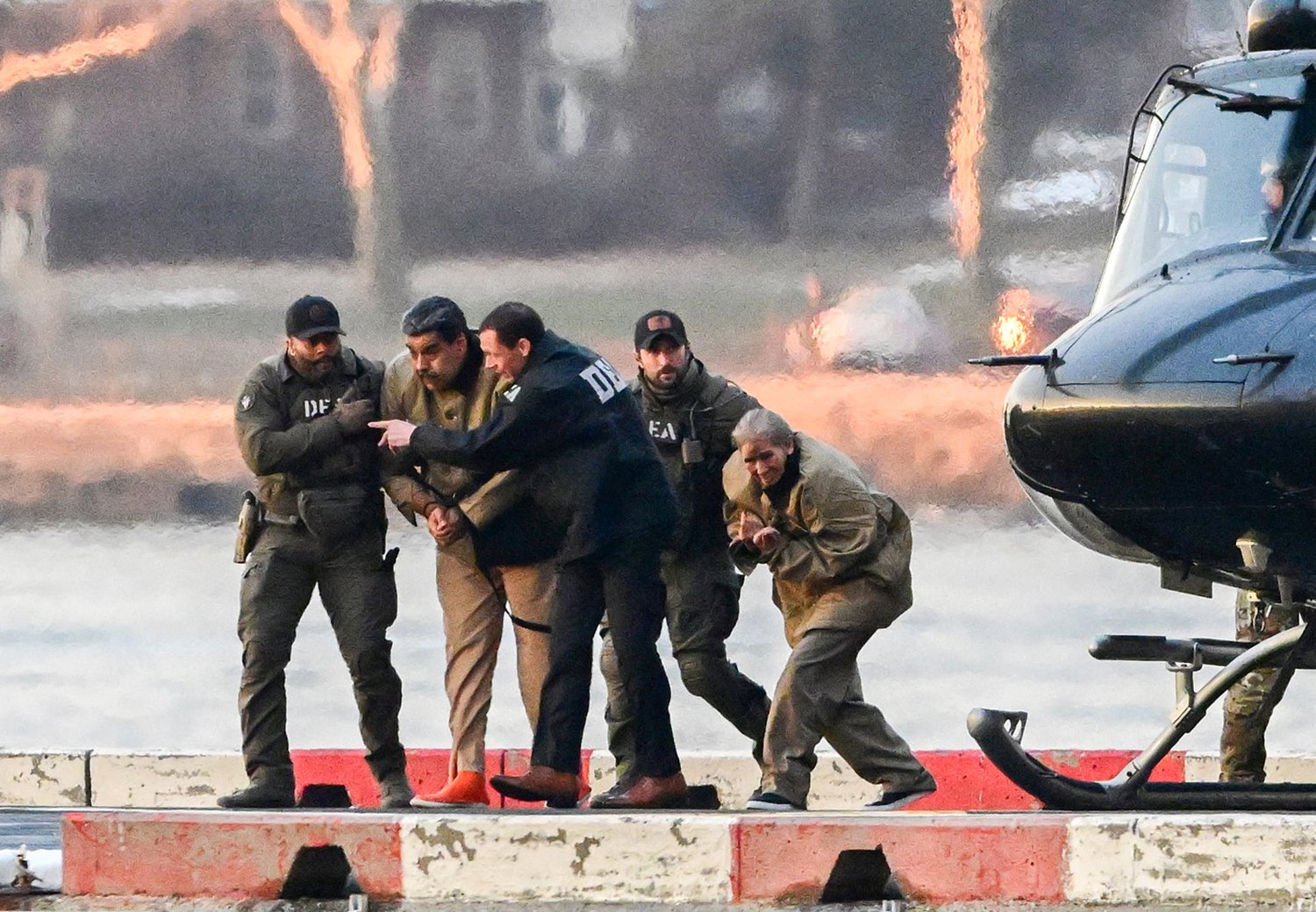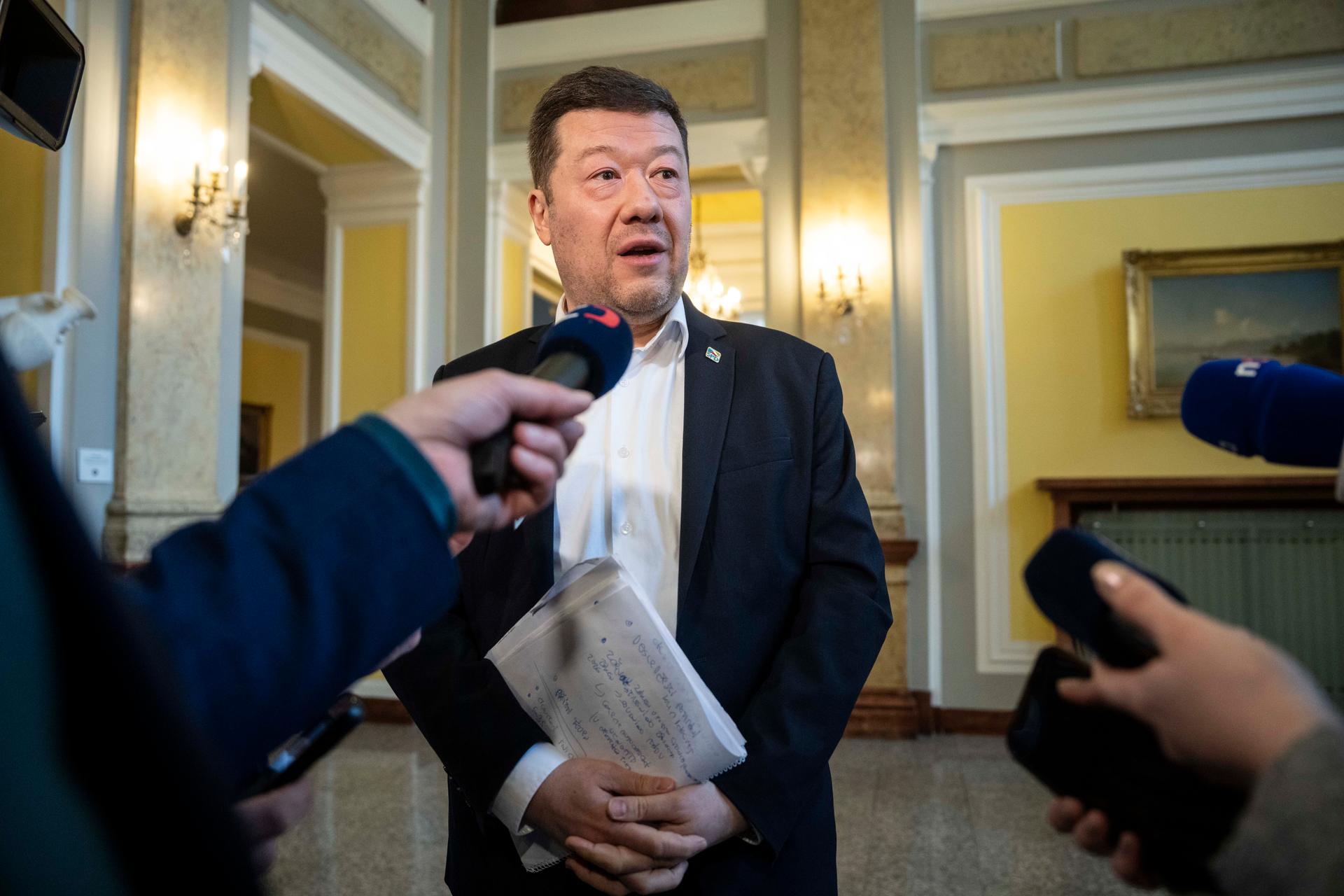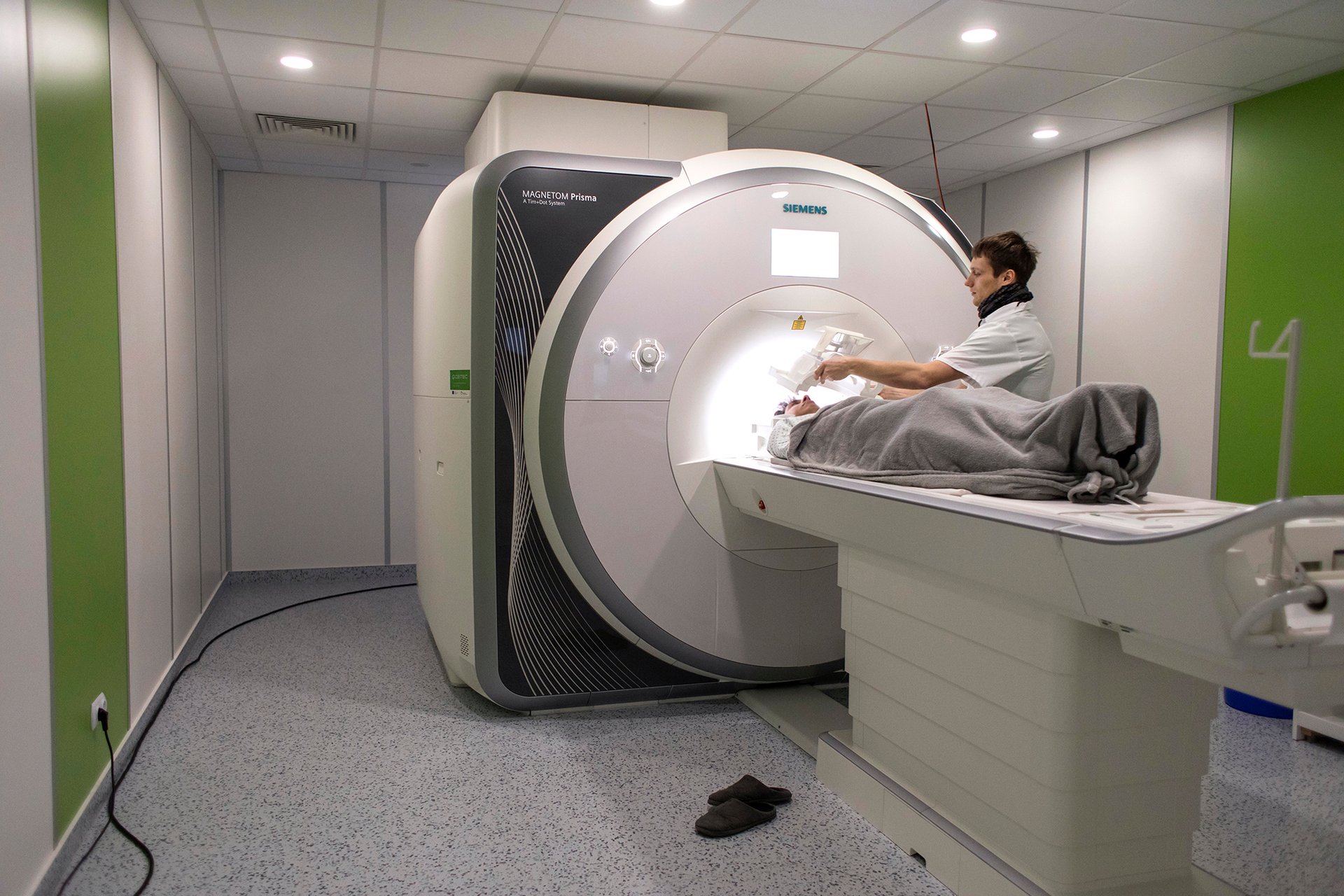Incident in Dublin
Afternoon on Thursday August 1st, an airport in Dublin. The last passengers on the regular ESA line to Prague are just taking their seats in the airplane. Suddenly, excited shouts can be heard from the entrance doors of the airplane: "Stop it! Come here! What're you doing? Don't touch me!"

Afternoon on Thursday August 1st, an airport in Dublin. The last passengers on the regular ESA line to Prague are just taking their seats in the airplane. Suddenly, excited shouts can be heard from the entrance doors of the airplane: „Stop it! Come here! What're you doing? Don't touch me!“ The stewardess casually pulled the curtain in the aisle to prevent the passengers from seeing outside.
Brutal Duty
An eyewitness can see a dramatic scene. At the end of the terminal, just before the entrance into the airplane, there is a group of thirteen Czech Roma, whom the Irish police are trying to push into the airplane against their will. The Roma are putting up resistance and thus a scuffle starts immediately. The policepersons scuffle with the adult men, behind whom the confused women and children are hiding. At one moment, the police succeed in tearing the family into two parts and approximately one third of Roma is retreating into the airplane. The other ones are held outside by the policepersons with their legs apart. At that moment, the whole space echoes with a hysteric weeping of a girl around twelve years old, who starts to scream: „I am scared, help, granny, I don't want any more of this, I don't!“ „We are Markovich family and this girl here has come to join her mother, who has lived in Dublin for two years,“ shouts a younger Roma man in the unclear situation. An older man standing nearby adds that a part of them is from Chomutov and they arrived in Ireland by the morning line to spend their holiday there. They have been on the airport in Dublin for a very short time when the immigration officers started to drive them back to the airplane, which was about to return to Prague. And why have they been forbidden to enter the country? „I don't know. We have our passports in order; we have paid for a hotel here. They did not tell us anything and they did not ask us about anything,“ the unwelcome tourist shrugs his shoulders.
When an immigration officer is asked the same question, a policeperson suddenly approaches the questioner from his left side. As soon as he finds out that the questioner does not belong to the crew but to the press, he commands: „Go to take your seat immediately and do not meddle in this or I will have you arrested.“ Someone whispers to the immigration officer that Czech journalists are here and, immediately afterwards, he dryly states: „We are doing our job here.“ The present representative of ESA is explaining that the whole family has to be deported to Bohemia according to a decision of the Irish authorities. But why such a brutal treatment? „We are only trying to do our duty, nothing more,“ retorts the policeperson and pushes the journalists behind the curtain uncompromisingly.
Several minutes later, much to their delight, the Roma in the airplane receive an instruction to go out. Accompanied by the immigration officers and the police, the whole family then walks away towards the hall and the airplane can set out to the runway.
It Was in Accordance with the Law
According to the information of the Irish police, all thirteen Roma applied for political asylum after they had returned to the airport hall. At present, they are most probably in Dublin and will wait until the local Asylum Application Authority examines their case and decides whether they will be granted asylum or not.
„These people were not admitted into the country because they did not have enough money with them with regard to their number,“ Jim Molloy from the public relations department of the Irish police in Dublin later explains the reasons for the action on the airport. He refuses to say what amount is a sufficient amount of money and how did they verify this fact and refers to the relevant immigration officer who decided on the deportation. However, that officer was not on duty last week according to the information provided by his colleagues.
„The policepersons acted in accordance with the Irish immigration laws and did not transgress their powers,“ Molloy returns to the shocking incident in the airplane. And why did all thirteen Czechs eventually remain on the airport, even though the police had first tried to get them out of the Irish territory with all their might? „There were reasons to believe that they might have jeopardised safety of the flight and that was why we decided in this way,“ adds Molloy and since that moment on, his telephone is deaf.
John Odriscoll, an immigration inspector, answers the question about whether threatening journalists when they were doing their jobs was also all right: „Nobody is allowed to threaten free press but I do not want to make any more specific comments on this because I was not there at that moment.“
More than in Britain
According to Odriscoll, the number of Czech applicants for asylum in Ireland has been rising in the last months - another five new applicants appeared last week. „There are weeks, in which we have less than ten applications, and there are other weeks, in which it can be a quadruple of that number. However, the overwhelming majority of the applications is rejected because we regard the Czech Republic as a democratic and stable state, where inhabitants are not persecuted,“ says the inspector.
However, the said Asylum Application Authority decides on grant of the status of a refugee in Ireland, and this authority is independent of the public administration. In 2001, it granted asylum to a total of 15 Czech citizens, of whom 11 citizens were granted asylum in ordinary proceedings and four in appellate proceedings. (The study of the Office of the UN High Commissioner for Refugees states that 26 Czech applicants were granted asylum in Ireland in 2001). This is far more than in the much-more visited United Kingdom, where all Czech applications were rejected last year (according to the UNO, only five Czechs were granted asylum for humanitarian reasons - because of an illness and the like).
By granting the status of a refugee, the Irish commissioners said that the applicants had been persecuted in the Czech Republic, whether on racial, religious or political grounds. However, the asylum authority is not obliged to publish or explain individual verdicts. And its employee, who processes the questions about verdicts on specific cases, was on holiday last week.
Before the Nice Treaty Referendum
When a member state of the European Union grants asylum to a citizen of a candidate country, it de facto casts doubts on the opinion of the EU institutions that the given state is democratic, defends human rights and the rights of national minorities and can become a full member of the EU. In the referendum, which is to take place in October, the Irish will vote on the Nice Treaty, which is a condition for enlargement of the Union, for the second time. The information on the inflow of asylum seekers from the candidate countries could thus be used by the Irish opponents of the Union, whose campaign has just been started. „If the number of asylums granted to Czechs in Ireland dramatically increased immediately before the referendum, it would be a very serious problem. Probably, consultations at the level of the Czech and Irish governments on what should be done about that would have to take place,“ warns Petr Kolar, the Czech ambassador in Dublin.
Pokud jste v článku našli chybu, napište nám prosím na [email protected].

